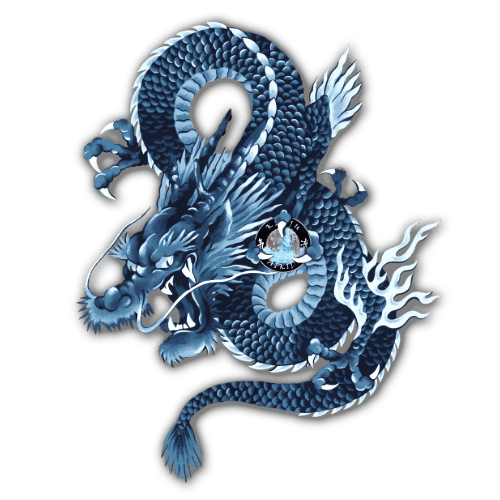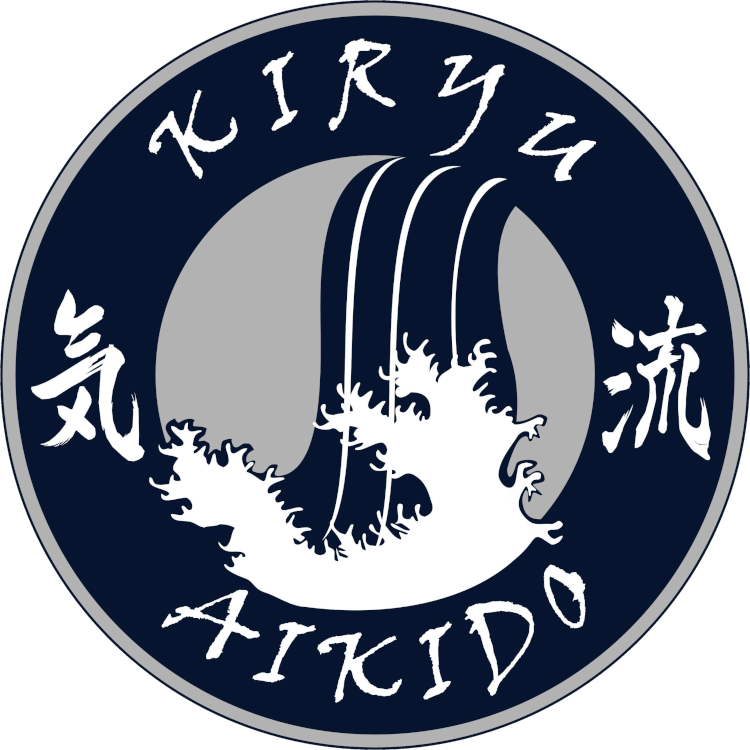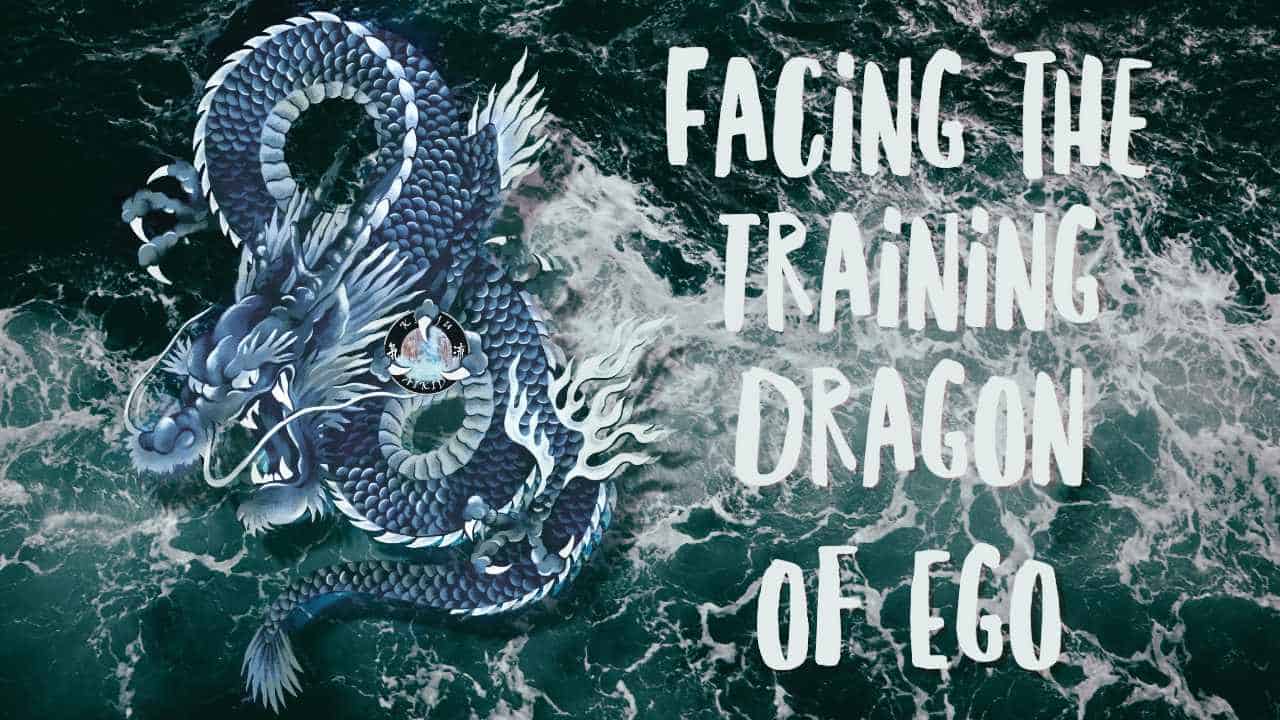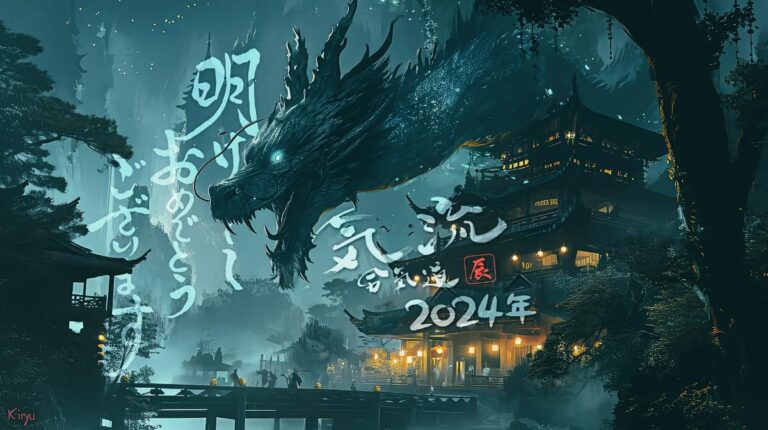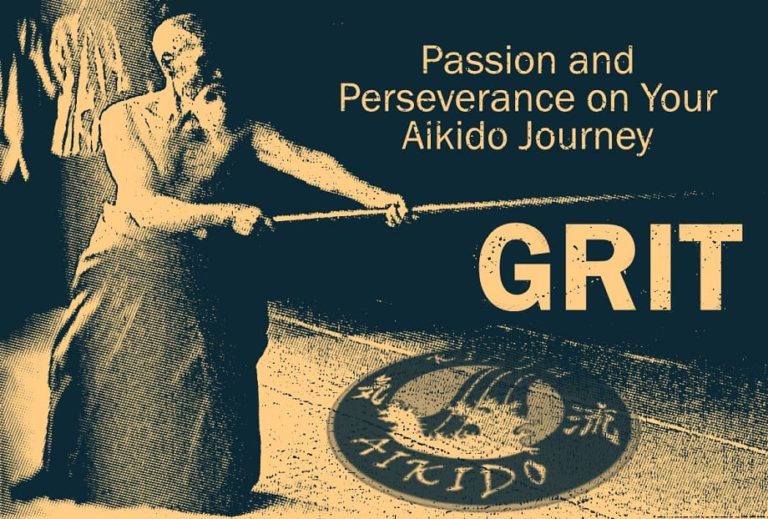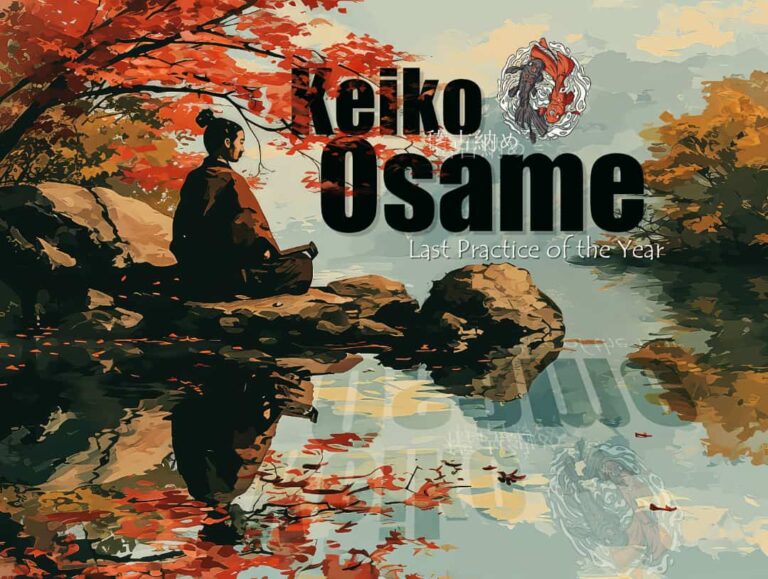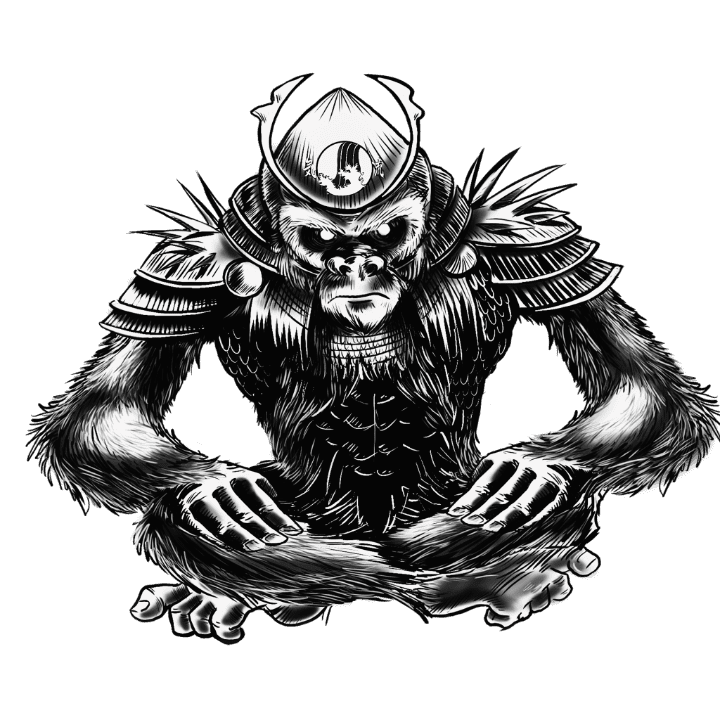Facing the Training Dragon of Ego
When we start Aikido, we have the absolute joy of being a beginner. We can’t be good at this stuff. We have no idea what we’re doing, and we can’t possibly understand the movements and how to connect brain, hands, feet, and body in a flowing technique. That’s just the way it is, and no amount of wishing will make us better.
So we just practice.
We fumble along, do our best. Try, fail, try, struggle, try. Try again. And again. Practice is so easy.
Over time, with consistency of going to practice and trying our best, one day we will realize we’ve made a little progress! Wow! Tai no Henko is no longer a challenge. We can do a sweep turn. We know what Irimi means, and while it’s not perfect, it’s better. We understand the concepts of Kokyu, of extension, of entering in and taking our partner’s balance. With a little more time, we realize we’re no longer a complete beginner.
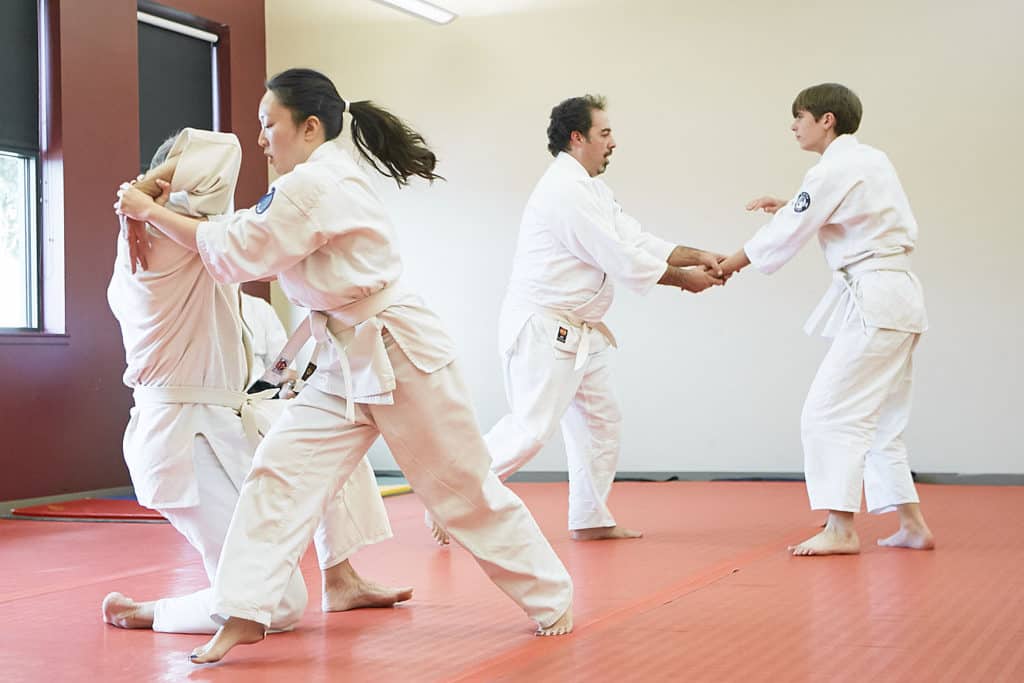
And this is when the baby dragon of ego is hatched.
Little do we know that the way we face this baby will transform it into a beast that threatens every practice or a strong ally in our progress. We may not even be aware that a dragon has been born. It may stay small and cute forever. We may be surprised later to discover this dragon hatched and it’s been growing strong in a place far away.
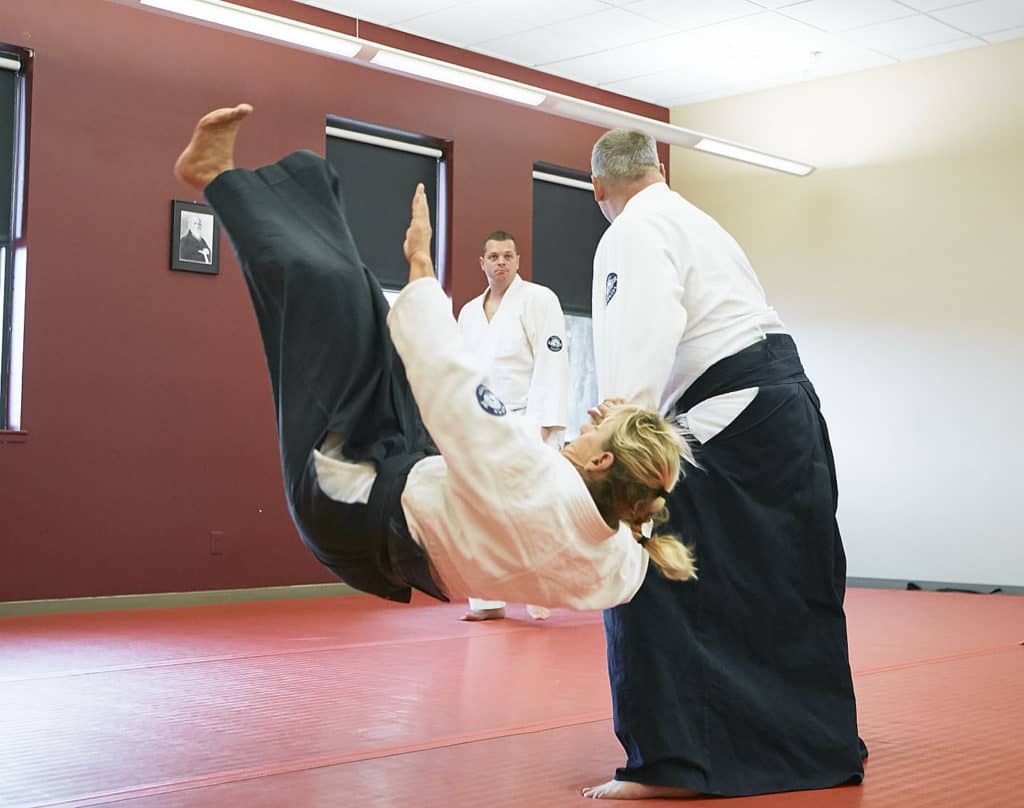
As we continue to improve, we may start to think we’re actually getting pretty good. And maybe we’re actually starting to understand this thing called Aikido. At the very least, we’re showing up for class consistently (or we think we are). During class, we’re certainly putting in the hard work and focused effort (or at least we think we are).
But despite our diligence and efforts to do our best, we keep getting corrected by our Sensei. We try to do what he or she is saying, but it’s not quite working. Or our implementation of their suggestion isn’t as clear or as good as it could be. We’re not ignoring Sensei, but our brain and body aren’t communicating. We get another correction.
This stirs the dragon from his sleep. He raises his head and looks around. He hears frustration in the Sensei’s voice.
There may be no talons unsheathed, no words said, but the defense has begun. Or there may be words, explanations, reasons why we’re not doing what we’re instructed, all to deflect the sharp angles of truth from penetrating the scaly armor.
Silent or spoken, the words come rushing in to defend us.
We’re too old. Too young. A woman. A man. A leader. A follower. Too short. Too tall. Smarter than everyone else. Not as smart as everyone else.
Another correction. This time, the dragon hears disappointment. Real? Imagined? Doesn’t matter.
Sensei is disappointed in us. We’re disappointed in us.
The inner dialogue starts to shout. Sensei doesn’t understand. No one else has the challenges we do. We have so much to deal with in life. We’re not good at this. We’re not coordinated. We learn slowly. We’re doing our best. We’re trying our hardest. If this isn’t enough, it’s all we’ve got.
More silent defense, more internal deflection, until the dragon’s mind is anywhere but here on the mat.
What’s next? Two choices.
Breathing out the fire to incinerate the intention to help us improve and laying waste to the goodness of class as a result.
Breathing that fire into the flame that ignites our spirit. Not of anger, but of redirected energy. Not of shame, but of awareness. Not of lack, but of potential and possibility.
How will we face our training dragon of ego?
